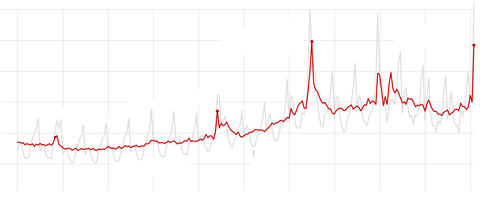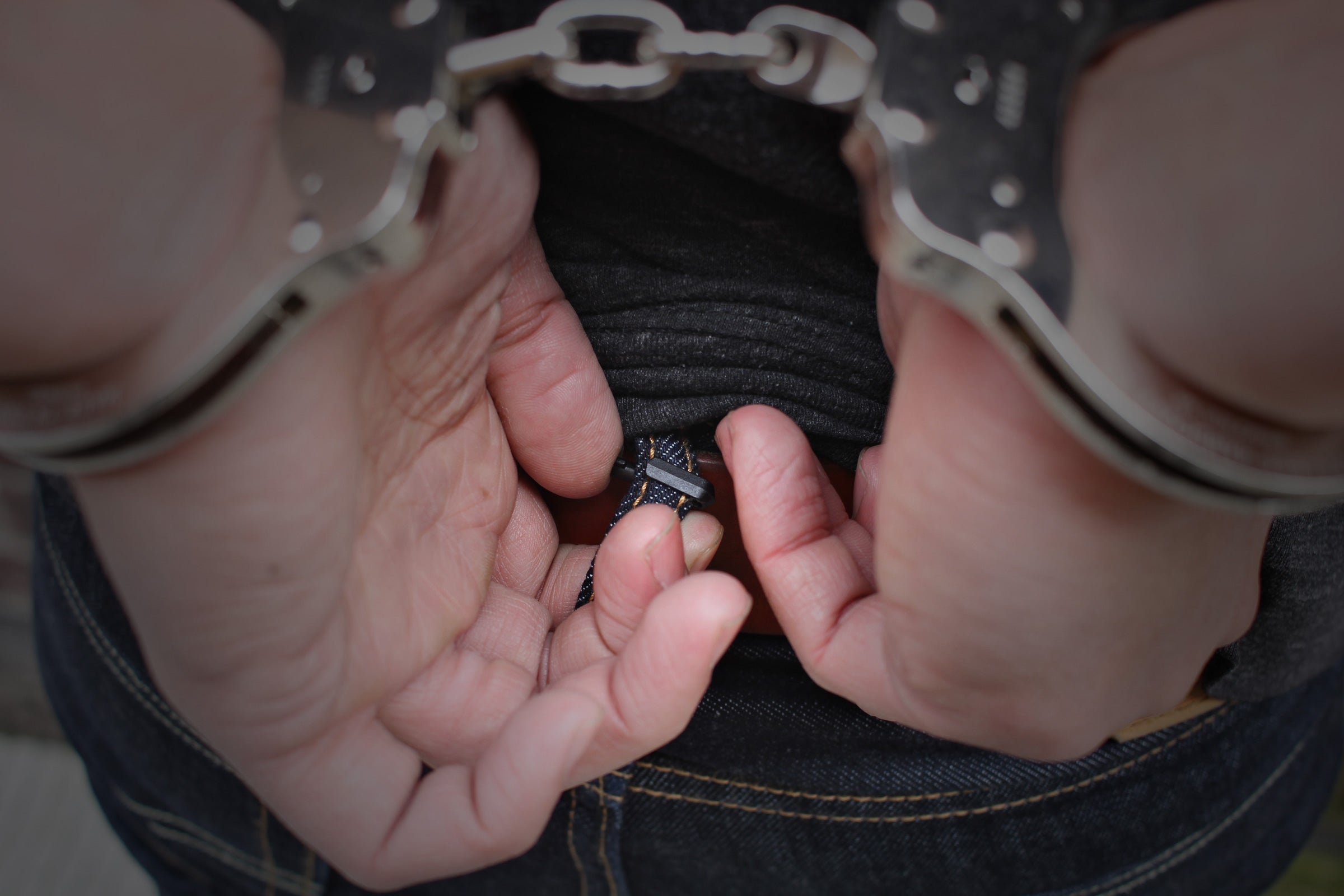- Some people begin sewing masks.
- Some people take one look at the news and immediately run out to buy extra toilet paper... and maybe a gun.
- Some people do nothing, having already prepped in advance for every possible disaster, well-stocked and ready to defend.
Which one are you?

The discomfort of the general uncertainty and the looming economic destruction (not to mention the very real impact of the sickness itself on our lives or those around us) brings us face to face with our deepest fears and impulses. This is illustrated well in a graph recently published in the New York Times, which demonstrates that the recent surge in gun sales is second only to the surge seen in 2013 after President Barack Obama's re-election and the shooting at Sandy Hook Elementary School.

A publication on crisis psychology from the CDC reveals a telling reason why gun sales surged recently: risk perception. Individuals who bought a gun observed the bigger picture of the crisis at hand (and its implications): that the virus emerged from misty and perhaps suspect origins in a large communist country, shrouded in reports of corruption, cover-ups, and mismanagement. Not only that, but the already-heightened sense of risk was amplified when local governments began restricting rights to mitigate the spread of the virus. So interconnected are the complexities of our lives, that the threat of a microscopic virus led rapidly to the purchase of millions of guns.
Time will tell what are the farthest-reaching revelations and implications of this pandemic, but the uptick in extra business for gun shops and urban survival gear around the country makes it clear that a sense of control and bodily security is massively important for Americans' sense of well-being in a time of crisis.

